Seed actors are urging governments across West Africa to invest more in the production of early generation seeds to close the huge supply gaps. Meeting recently virtually, the seed stakeholders warned of the increasing risks of COVID-19 on the availability of certified seeds.
Without urgent action, experts are arguing that the current farming season might experience substantial upsets. Coupled with ongoing food and nutrition crises in West Africa, this doesn’t bord well for the region’s smallholders and producers.
Data from the National Seeds & Seedling Committees of Member States of the Economic Community of West African States (ECOWAS) and the Permanent Interstate Committee for drought control in the Sahel (CILSS) already predict a shortfall of certified maize, sorghum, millet, cowpea, and groundnuts seeds.
The most acute shortage is in cowpea. Cowpea non-comprehensive demand across eight countries (Mali, Nigeria, Niger, Togo, Côte d’Ivoire, Chad, Cape Verde and Gambia) is projected at 150,000 metric tons. But less than 2,800 metric tons are available for the 2020 cropping season.
What is the Current Situation of Seed Availability?
Official data collected by the National Seeds & Seedling Committees from 13 countries shows that only 28% of the seed needs are met by certified seed from the formal seed sector.
That means the region needs to undertake strong actions to provide more quality seed to farmers, say experts.
However, the situation varies according to countries and specific crops. The rate for certified seed supply versus demand is quiet fair for rice (39%), maize (33%), and groundnut (35%) while it is low for cowpea (14%) and very low for sorghum (7%) and millet (2%).
The availability of seed varies from one country to another and per priority crop. For some crops, the supply is more than the demand. This is the case of rice, maize, cassava, and Irish potato in Guinea. That is also the case of Soybean in Ghana (893%). However, in some countries, the seed demand for priority food crops is poorly met, or there is no supply. These countries include Niger, Benin, Mauritania, Senegal, and Cape Verde.
Despite the gap between the certified seed supply and the seed need in all the countries, there is regional trade of seeds among the countries even if the volume of intra-region trade is still insignificant with regards to the regional market size. For example, Burkina Faso has exported 5,000 metric tons of maize to Cote d’Ivoire and Nigeria has exported more than 1,000 metric tons of soybean to Ghana.
Also, the region is continuing to import seeds. In addition to hybrid vegetable seeds, which are the dominant seed import from outside of West Africa, there are other seeds of staple or commercial crops imported by West African countries. This involves maize, sorghum, groundnut, and vegetable.
Recommendations to Boost Seed Movement Within West Africa
COVID-19 has seriously complicated the movement of quality seed within the region. To mitigate the pandemic’s impact in the agricultural sector and particularly the seed sub-sector, the governments of the Member States have undertaken various emergency actions or programs to emphasize their supports.
These actions include:
- Emergency seed distribution;
- Support in production and distribution of breeder and commercial seeds;
- Establishment of irrigation land and subsidized equipment for Seed Production.
While these are critical measures undertaken by the governments in the region, member states agreed that further actions need to be taken to mitigate the impact of COVID-19 on the seed sector.
At the end of the online meeting, actors took measures to ensure current seed issues are addressed at the national and regional levels. Specifically, the meeting recommended the following:
- The governments should invest in the Early generation seed production to address the enormous gap observed in all the countries;
- CORAF will coordinate a regional Task Force to develop an advocacy policy paper to implement the national seed sector support funds in accordance with the regional seed regulation provision;
- Conducting national and regional advocacy actions to fast track the movement of quality seeds across the region.
Overall, representatives of 13 countries belonging to the Economic Community of West African States, the West African Economic and Monetary Union, and the Permanent Interstate Committee for Drought Control in the Sahel participated in the online meeting. The meeting was organized by the Partnership for Agricultural Research, Education, and Development, a project of CORAF and funded by the USAID West Africa. Representatives of ECOWAS, UEMOA, and CILSS also participated at the event.
Read also:
 English
English
 Français
Français 
